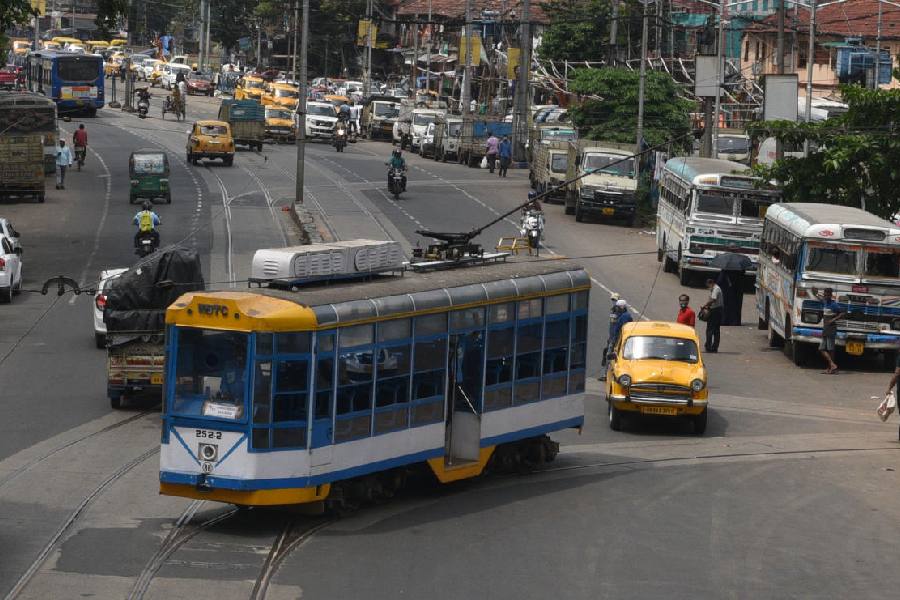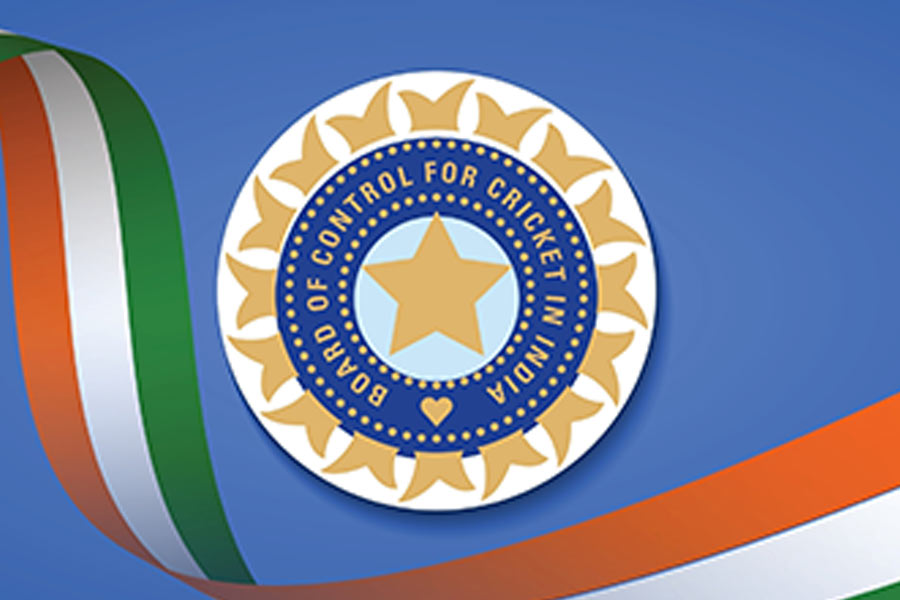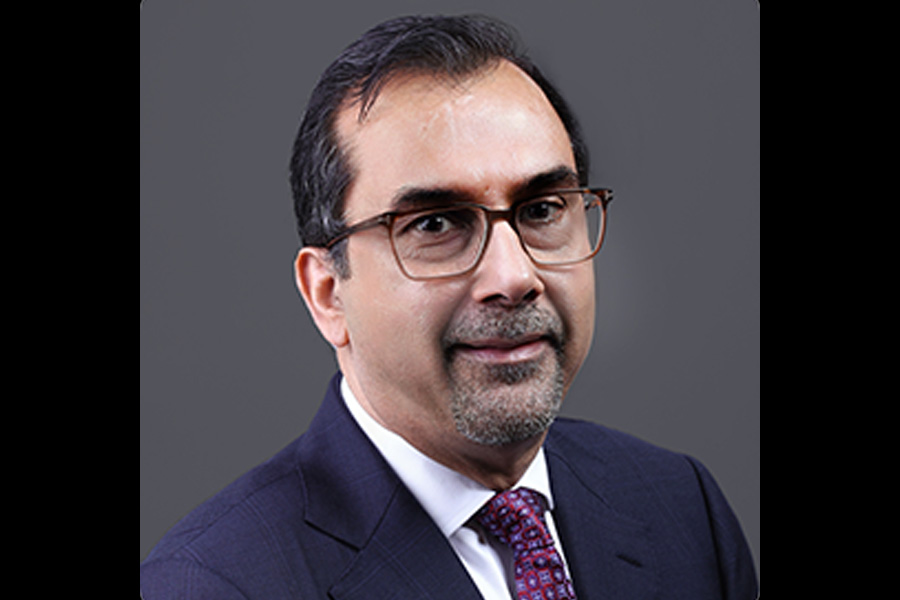The State Bank of India on Thursday announced a Rs 7,250-crore fund infusion into crippled Yes Bank under which it will pick up to a 49 per cent equity in the private sector lender.
The fund infusion is part of the Reserve Bank-mandated rescue plan.
SBI said its shareholding in Yes Bank will remain within 49 per cent of the paid-up capital of the private lender and following the fund infusion, it will pick up 725 crore shares.
“The executive committee of the central board at its meeting held on March 11 accorded approval for the purchase of 725 crore shares of Yes Bank at a price of Rs 10 a share, subject to regulatory approvals,” SBI said in a filing on Thursday.
The bank, however, did not mention the exact amount of the stake it will be buying in Yes Bank.
Under the reconstruction scheme, SBI will have to buy 49 per cent of Yes Bank and cannot reduce its holding below 26 per cent for the next three years.
The SBI investment of Rs 7,250 crore is much higher than the Rs 2,450 crore it had planned initially for a 49 per cent stake in the private sector lender that began its operations in 2004.
Last week, SBI chairman Rajnish Kumar had told reporters that the bank would invest Rs 2,450 crore to buy 245 crore shares of Yes Bank. He had spoken about bringing in other investors and that SBI’s investment would not exceed Rs 10,000 crore.
On March 5, the RBI imposed a moratorium on Yes Bank, restricting withdrawals to Rs 50,000 per depositor till April 3.
The RBI also superseded the board and placed it under an administrator, Prashant Kumar, who is a former deputy managing director and chief financial officer of SBI.
Since the RBI action, central agencies ED and CBI have arrested Yes Bank’s co-founder and former CEO Rana Kapoor for alleged money laundering and corruption, while his wife Bindu and three daughters are also being quizzed for their role in the siphoning of public funds.
One of the charges against Kapoor is that he illegally benefitted Rs 3,000 crore by lending to certain troubled companies like DHFL, Anil Ambani group and Essel group — all the loans worth around Rs 20,000 crore that have turned into bad debt.










